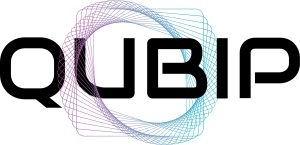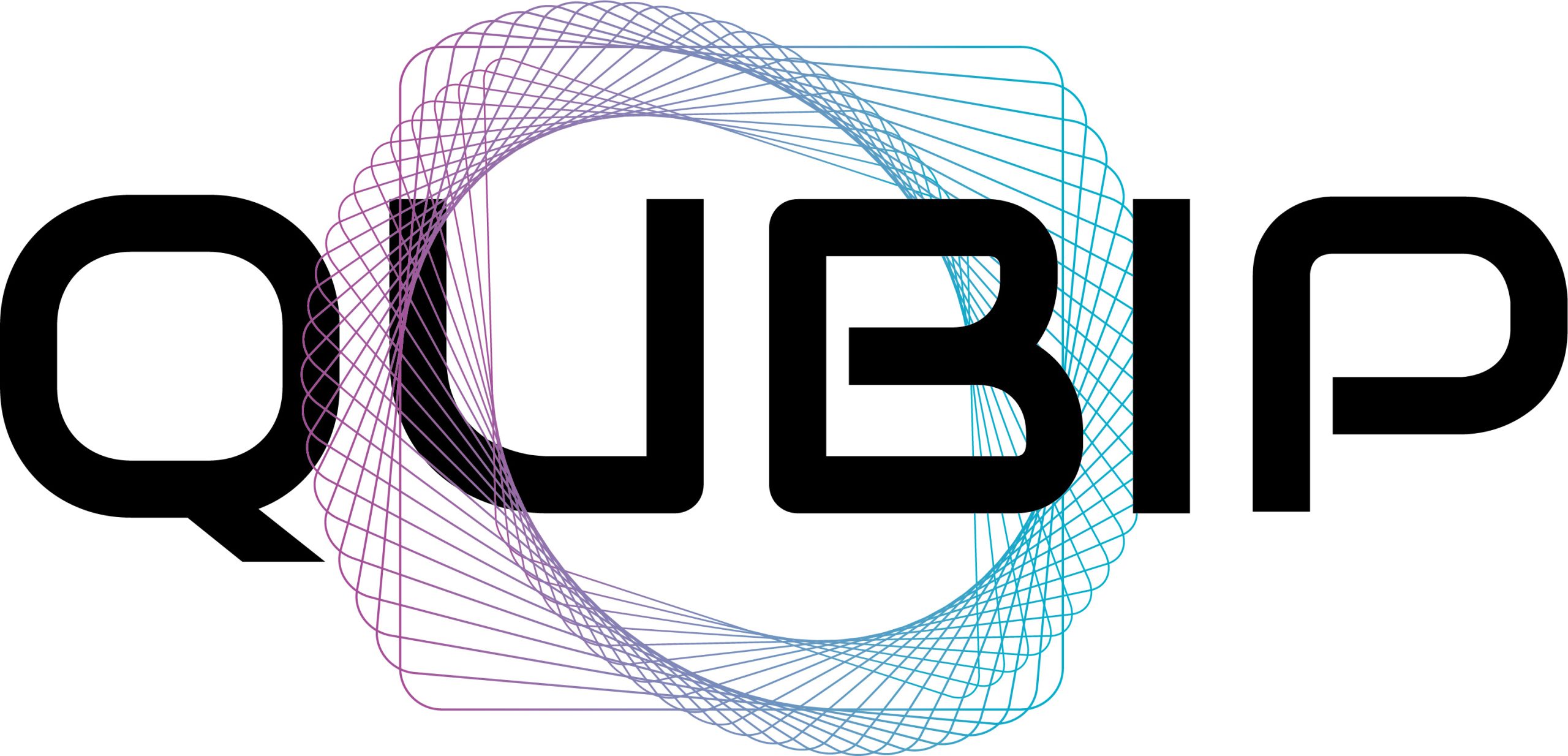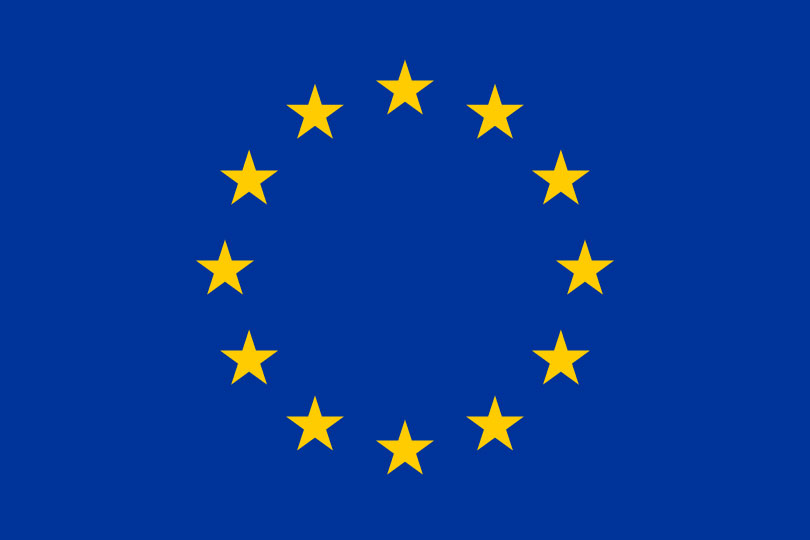QSNS 2025
2nd Workshop on Quantum-Secure Networks and Systems
The second edition of QSNS workshop is again a joint initiative of the QUBIP and PQ-React projects, co-funded by the European Union under the Horizon Europe framework programme on the transition to Post-Quantum Cryptography (PQC) of protocols, networks, and systems.
The development of quantum computers opens exciting new frontiers. At the same time, a cryptographically relevant quantum computer has the potential to break the foundations of current digital security. The global research and industry community is working on two complementary directions, (i) the definition of PQC algorithms, coordinated by NIST, and (ii) the transition of protocols, networks and systems to PQC.
The QSNS2025 workshop will address the most pressing cybersecurity challenges of the quantum era from an engineering perspective, with the aim of contributing to global efforts towards an agile, post-quantum or post-quantum/traditional hybrid and standards-based transition to PQC of the digital infrastructures we all use today.
Venue
QSNS2025 will be co-located with the 30th IEEE Symposium on Computers and Communications, July 2nd, 2025, Bologna, Italy.
Important Dates
Workshop Paper Submission: [extended] February 10th, 2025
Author Notification: March 27th, 2025
Author Registration: April 28th, 2025 here the Registration Instructions
Camera-Ready: April 28th, 2025 here the Camera-Ready Submission Instructions
Workshop Event: July 2nd, 2025
The development of quantum computers opens exciting new frontiers. At the same time, a cryptographically relevant quantum computer has the potential to break the foundations of current digital security. The global research and industry community is working on two complementary directions, (i) the definition of PQC algorithms, coordinated by NIST, and (ii) the transition of protocols, networks and systems to PQC.
The QSNS2025 workshop will address the most pressing cybersecurity challenges of the quantum era from an engineering perspective, with the aim of contributing to global efforts towards an agile, post-quantum or post-quantum/traditional hybrid and standards-based transition to PQC of the digital infrastructures we all use today.
QSNS2025 encourages multidisciplinary perspectives and welcomes papers on topics that include, but are not limited to the following:
- Design and/or analysis of post-quantum cryptographic algorithms
- Evolution of standard network and communication protocols to achieve PQ security
- Cryptographic agility in systems and protocols, to easily support different kinds of PQC algorithms
- Design and implementation of hybrid cryptographic schemas (post-quantum / traditional)
- Design and implementation of hybrid QKD / PQC solutions
- System and application support for PQC
- Hardware and/or software support for PQC
The QSNS2025 workshop organisers invite original research papers that have not been previously published and are not currently under review for publication elsewhere.
Submitted papers must be no longer than six (6) pages, including references, and must follow the IEEE proceedings guidelines. IEEE provides Manuscript Templates for Conference Proceedings. All accepted papers will be published as part of the IEEE ISCC 2025 Workshop Proceedings in the IEEE Digital Library. The IEEE ISCC Proceedings have been indexed in the past by ISI, dblp and Scopus. This makes the IEEE ISCC Workshops publication venues with very high visibility and impact in both Computer and Communications areas.
A “Best Paper Award” certificate will be given to the author(s) of a paper presented at the workshop, selected by the chairs based on the scientific significance, originality, and outstanding technical quality of the paper, as also assessed by the evaluations of the members of the Technical Program Committee (TPC).
Submissions should be uploaded to EDAS QSNS2025 Workshop by the submission deadline. Each submission will be reviewed by at least three members of the TPC. One author per accepted paper must attend the workshop event and register on the IEEE ISCC 2025 website.
Workshop Co-Chairs
Prof. Antonio Lioy, Politecnico di Torino, Italy
Dr. Andrea Vesco, LINKS Foundation, Italy
Technical Program Committee
Davide Margaria, LINKS Foundation, Italy
Alessandro Pino, LINKS Foundation, Italy
Alberto Carelli, LINKS Foundation, Italy
Guido Bertoni, Security Pattern, Italy
Maria Chiara Molteni, Security Pattern, Italy
Davide Bellizia, Telsy, Italy
Piedad Brox, CSIC, Spain
Eros Camacho, CSIC, Spain
Diego Lopez, Telefonica, Spain
Antonio Pastor, Telefonica, Spain
Javier Faba, Universidad Politécnica de Madrid, Spain
Nicola Tuveri, Tampere University, Finland
David Domingo Martín, INDRA, Spain
Nikolay Vassilev Tcholtchev, Fraunhofer FOKUS, Germany
Marcin Niemiec, AGH University, Poland
Piotr Cholda, AGH University, Poland
Akis Kourtis, National Centre for Scientific Research Demokritos, Greece
Publicity Chair
Davide Margaria, LINKS Foundation, Italy
July 2 — QSNS Session 1 : Room Gloria 2
14:00 – 14:15
Workshop introduction
14:15 – 14:30
Optimizing Secure Elements Implementation Methods for a Seamless Post-Quantum Transition
E. Camacho-Ruiz, P. Navarro-Torrero, M.C. Martínez-Rodríguez, P. Brox
14:30 – 14:45
PQ-CAN: a Framework for Simulating Post-Quantum Cryptography in Embedded Systems
M. Conti, F. Marchiori, S. Matarazzo, and M. Rubin
14:45 – 15:00
Towards Quantum-Resistant Trusted Computing: Architectures for Post-Quantum Integrity Verification Techniques
G. Donghia and A. Lioy
15:00 – 15:15
A Quantum-Safe Implementation of the NETCONF Protocol
L. Dominguez, A. Pastor, P.D. Muñoz, M.A.E. Forcada, and A.F. Amar
July 2 — QSNS Session 2 : Room Gloria 2
16:00 – 16:15
Implementation of PQ/T Hybrid Signatures for Self-Sovereign Identity
V.Lipiäinen and E. Hieta-aho
16:15 – 16:30
Implementation of a Post-Quantum Anonymous Verifiable Credential Framework
D. Margaria, A. Pino, A. Vesco, G. D’Alconzo, A.J. Di Scala, E. Guglielmino, and C. Sanna
16:30 – 16:45
Onion Routing Key Distribution for QKDN
P.O. García, J. Blanco, A. Fernandez-Vilas, D.S. Blanco, M.F. Veiga, and F. Almenares
16:45 – 17:00
QKD-KEM: Hybrid QKD Integration into TLS with OpenSSL Providers
J. Blanco, P.O. García, D.S. Blanco, F. Almenares, A. Fernandez-Vilas, and R. Diaz-Redondo
17:00 – 17:15
A Parameter Study for LLL and BKZ with Application to Shortest Vector Problems
T. Koeppl, R. Zander, L. Henkel, and N. Tcholtchev
17:15 – 17:30
Workshop wrap-up and conclusions




